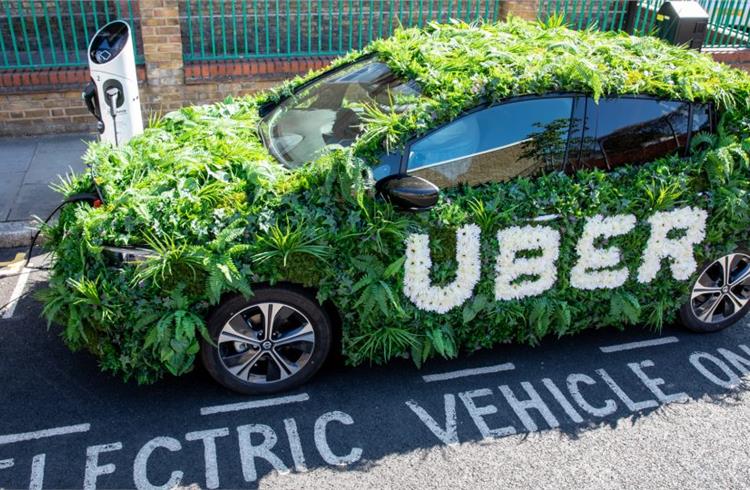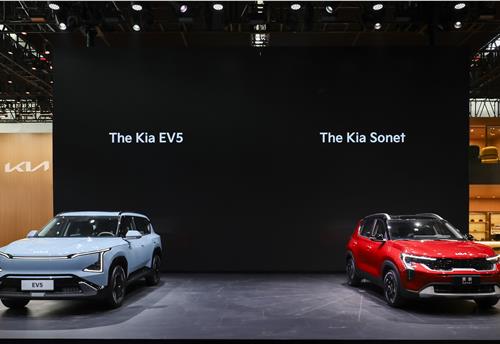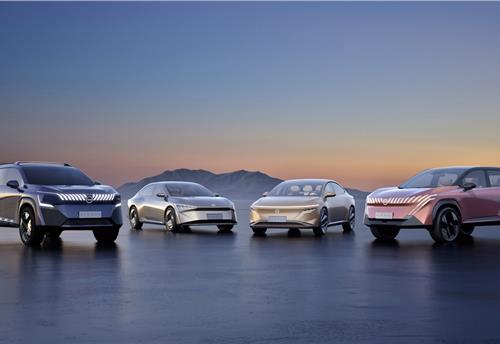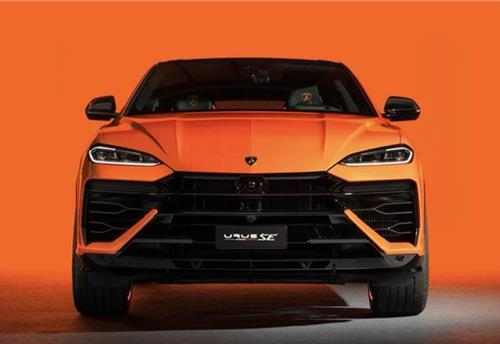Uber aims to fully electrify its fleet in London by 2025
The ride sharing company will invest around £200 million towards the Clean Air Plan.
With the growing trend of electrification the auto industry looks to go green, as are other stakeholders. The potential for electric vehicles to reduce emissions are manifold, but lack of charging infrastructure and comparatively higher initial price has remained a key challenge.
Come 2025, the US headquartered ride sharing company Uber, plans to have an all-electric fleet in London. The company says that air pollution is a big issue affecting the United Kingdom's capital, and Uber is determined to play its part in making cities a healthier places for people to live and work.
This initiative is part of the company's Clean Air Plan, which it says will address some of the key challenges its drivers face in upgrading to cleaner vehicles. As part of the plan, starting early next year, a ‘clean air fee’ of 15p per mile (Rs 14 per km) will be included on every trip booked through the Uber app in London, which it says will go towards helping the drivers to upgrade into an electric vehicle, as well as other clean air initiatives. The company estimates this fee on an average trip in London, will mean a clean air fee of around 45p (Rs 47).
To facilitate the move Uber says every driver using the app in London will be able to get assistance to help them move into an electric car. The amount of support drivers will receive towards the cost of an EV will be based on the number of miles they have driven on the app. To put things into perspective the company says for instance, a driver using the app for an average of 40 hours per week could expect around £3,000 (Rs 282,537) of support towards an EV in two years’ time and £4,500 (Rs 423,806) in three years.
Uber estimates the company will be able to expect to raise more than £200 million (Rs1,883 crore) to support drivers transitioning to electric vehicles over the next few years. The company says it is aiming for all cars on the app to be fully electric in London in 2025, and anticipates the first 20,000 drivers upgrading to the green vehicle by the end of 2021.
In addition to the cost of an EV, the other key barrier identified by an Energy Saving Trust report into the Uber's EV pilot was the availability of charging points. To help achieve its vision, Uber says it is working with other stakeholders. The company has teamed up with several leading home charging suppliers -- BP ChargeMaster, EO Charging, EVBox, Franklin Energy, NewMotion, Pod Point and Swarco EVolt, for providing affordable charging options to drivers using the app, so they can charge their car quickly and efficiently at home.
The ride sharing company has already partnered with ChargePoint to provide a number of rapid charging stations in central London to its existing drivers of electric vehicles. And it is also working with other industry players on ways to improve London’s charging infrastructure, including by using anonymised data to provide insights into the charging patterns and behaviour.
The other element of its Clean Air Plan is a diesel scrappage scheme, which aims to remove 1,000 of the most polluting cars from London’s roads which it says will begin early next year. The first 1,000 people in London to scrap a pre-Euro 4 diesel vehicle and provide an official scrappage certificate will receive up to £1,500 (Rs 141,288) of credit to spend on Uber or uberPool rides.
Dara Khosrowshahi, CEO, Uber, said: “The mayor of London has set out a bold vision to tackle air pollution in the capital and we’re determined to do everything we can to back it. Our £200 million Clean Air Plan is a long-term investment in the future of London aimed at going all electric in the capital in 2025. Over time, it’s our goal to help people replace their car with their phone by offering a range of mobility options – cars, bikes, scooters or public transport – all in the Uber app.”
Chris Large, senior partner, Global Action Plan, said: “Two major barriers slowing the uptake of electric cars are still the purchase price and the substandard charging network. Uber’s efforts to overcome these barriers should be commended. The aim for London Uber journeys to use only fully electric cars by 2025 is one of the most ambitious aims of any major company in the future mobility sector.”
Matthew Eastwood, head of transport, Energy Saving Trust, said: “Our work with Uber on electric vehicles has allowed us both to develop an understanding of the impact driving an electric vehicle has on licensed private-hire drivers. The report highlighted where electric vehicles worked well and where there are challenges. These learnings will be extremely valuable in support of the electrification of this important area of road transport.”
RELATED ARTICLES
Kia displays EV5 and Sonet SUVs for Chinese market
Kia has unveiled a number of key models and new technologies for Chinese customers at the 2024 Beijing International Aut...
Nissan targets growth in China, unveils four NEV concepts at Beijing Motor Show
The two EVs and two plug-in hybrids are a joint effort with Nissan’s local partner Dong Feng and aimed to better address...
Lamborghini unveils Urus SE ahead of Auto China 2024
Electric-only range of 60km helps reduce emissions by 80%.





 By Autocar Pro News Desk
By Autocar Pro News Desk
 29 Oct 2018
29 Oct 2018
 6074 Views
6074 Views









